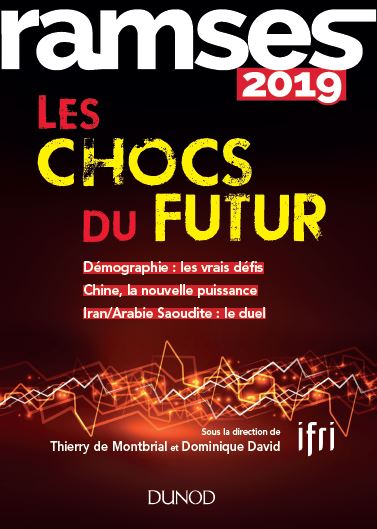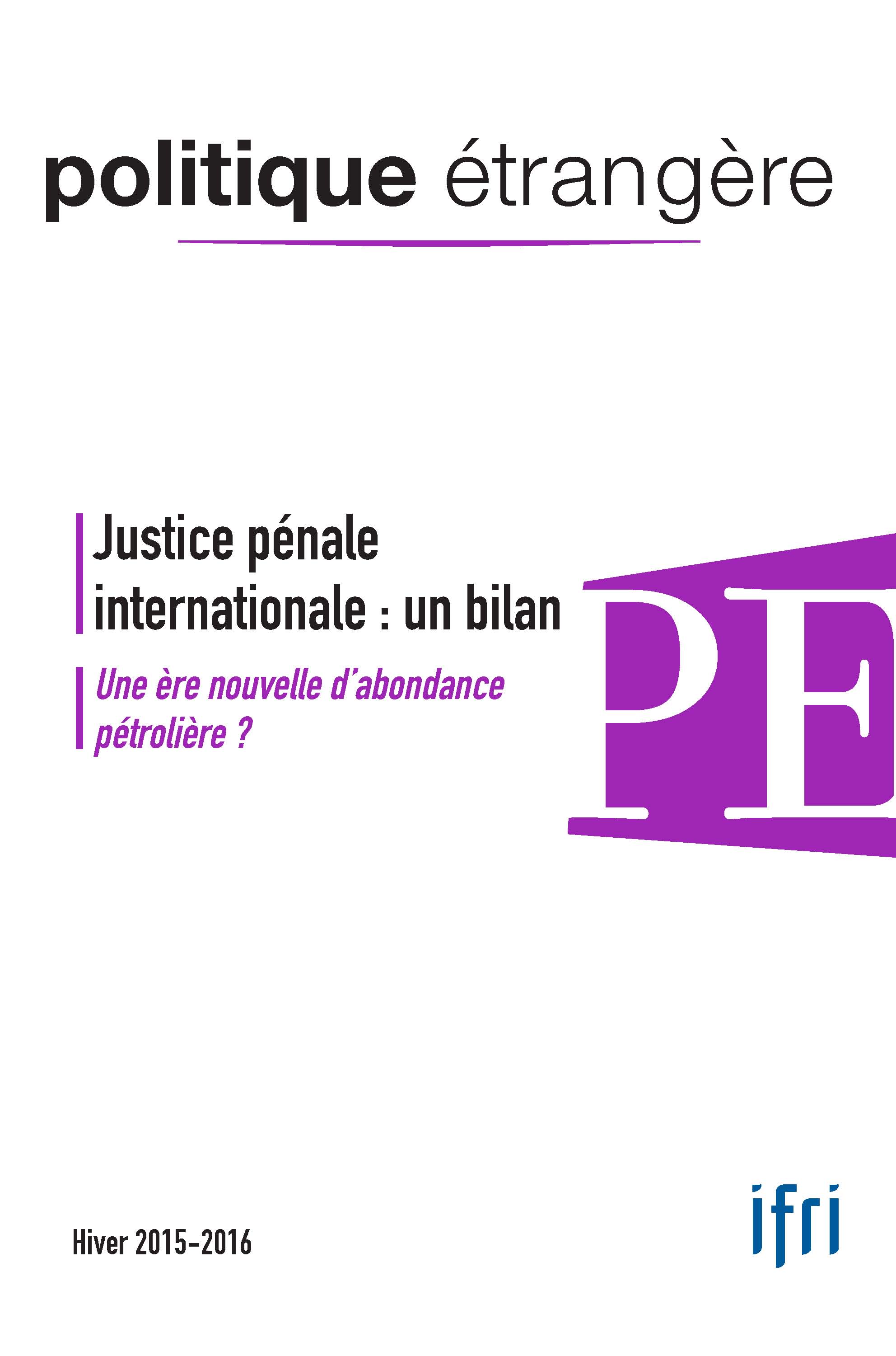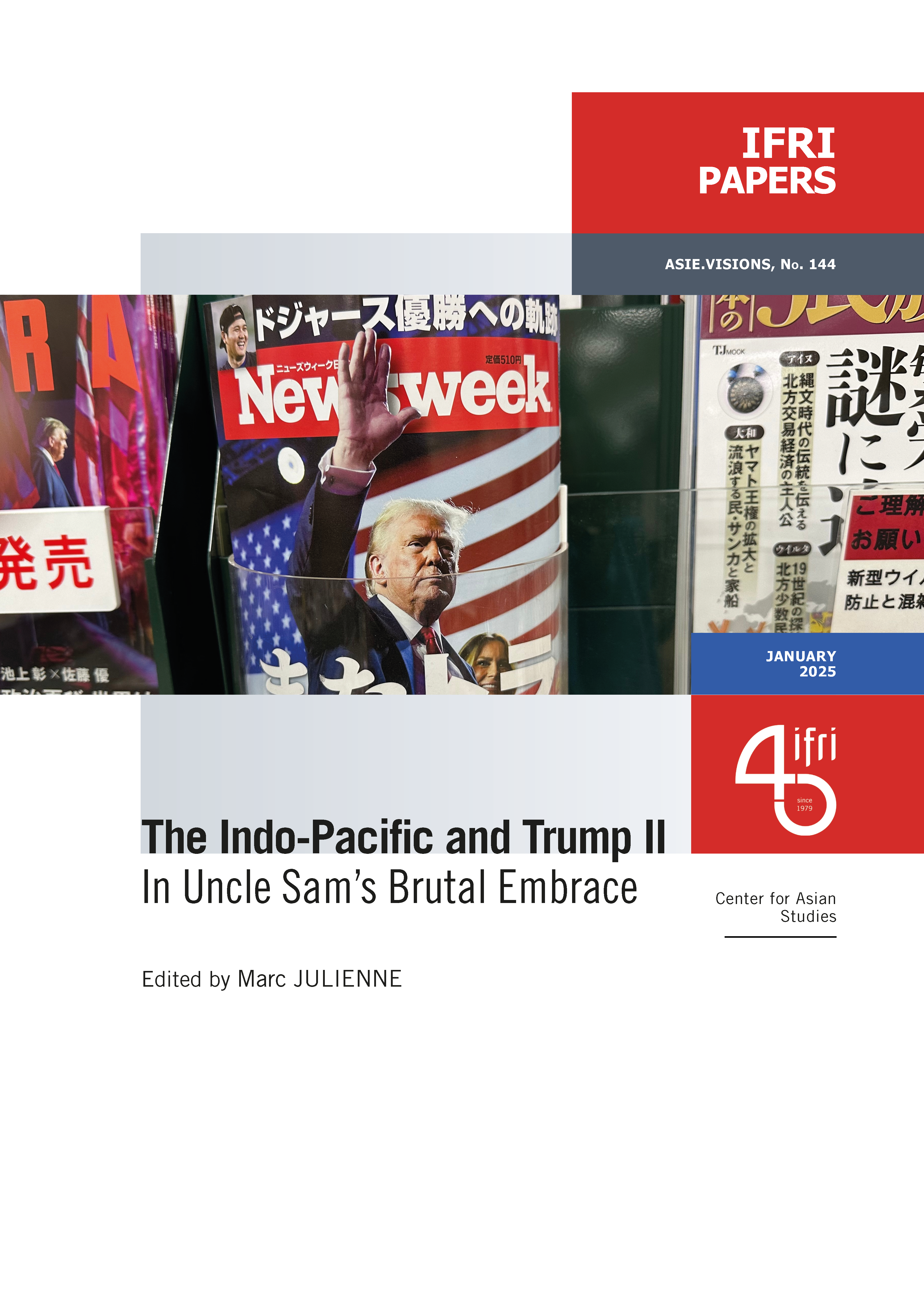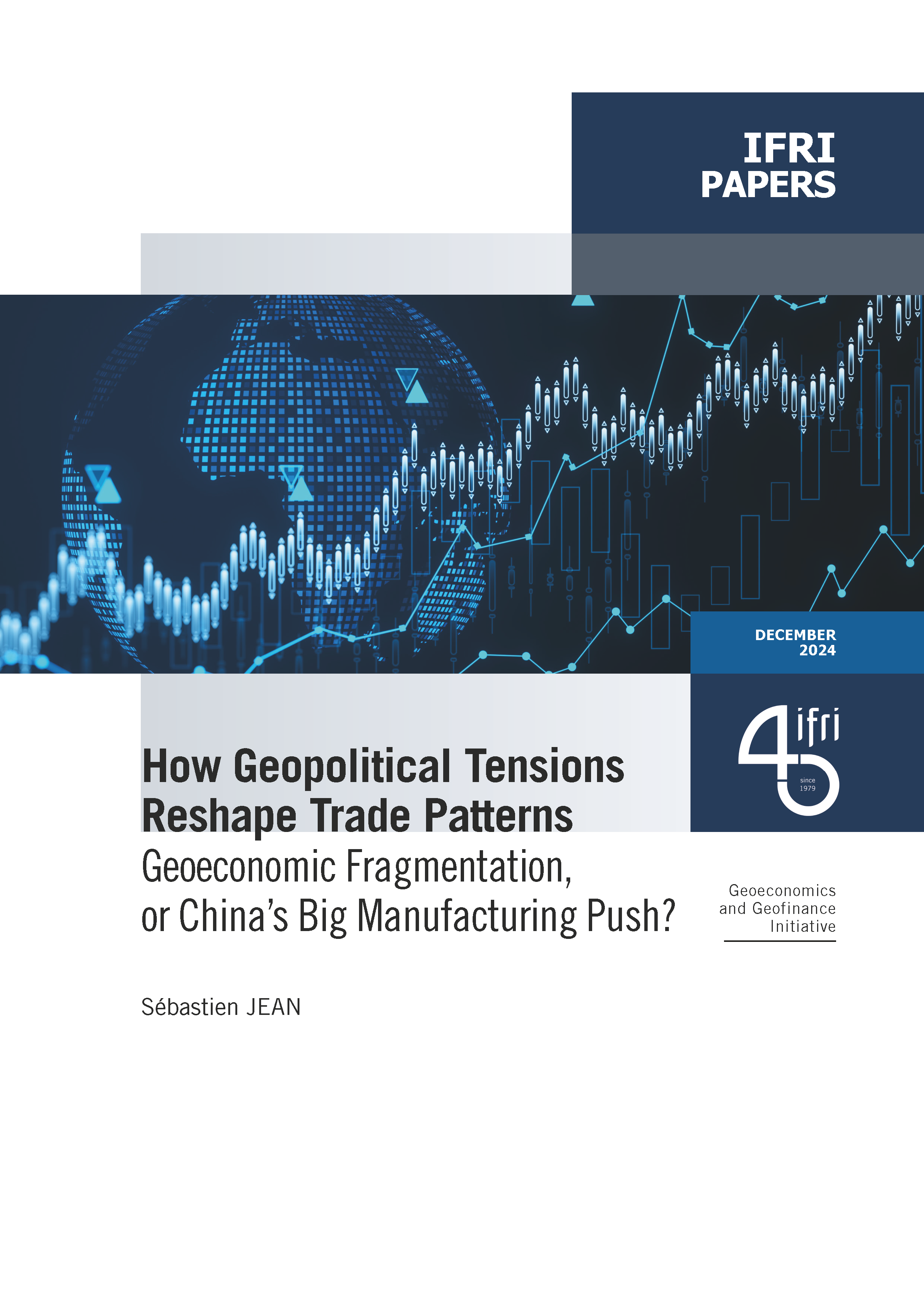
Türkiye’s Stifled Ambitions
As its elections have unfolded this spring, Türkiye has again shown itself to be symptomatic of the times. Across the world, numerous political regimes oscillate between democratic forms of government and an authoritarian concentration of power; impressive periods of growth give way to inflation and recession; and international deregulation gives rise to widespread diplomacy in an effort to juggle a myriad of shifting political loyalties. Faced with the war in Ukraine, Ankara is playing a strong hand by enlarging its areas of presence and intervention. Türkiye is more important to its partners than ever, independent of its eventual domestic trajectory.
Western discourse predicted the advent of Chinese dominance in the very short term, but events have taken a rather different turn. The drivers that enabled the unprecedented growth of recent decades seem to have run out of steam. Moreover, the outcome of Beijing’s economic strategies is still uncertain, in a context shaped primarily by U.S. policies. China’s influence in the future will be considerable, but the direction its rebound will take remains unclear.
For Europeans, the events in Ukraine and the thorny issue of the Sino-American rivalry cannot paper over the other security problems we face: On what common vision of our history and future will we build the Europe of tomorrow? Has drug trafficking already changed the nature of our societies? Can we afford to turn away from instances of destabilization in Africa, from the Horn to the Sahel?

Climate: Which Way Forward?
Thirty years after Rio, the case file “Climate: Which way forward?” assesses current climate commitments, which are undoubtedly less impressive and less certain than the political pronouncements and media fanfare make them seem. A number of fundamental problems remain.
Ethiopia: Civil War Dynamics
Ethiopia has been in a state of civil war since November 2020. The hostilities have already gone through several phases.

RAMSES 2019. The Clashes of the Future
RAMSES 2019. The Clashes of the Future, written by Ifri's research team and external experts, offers an in-depth and up-to-date analysis of global geopolitics.
Conceptualizing the middle class in a developmental state: Narratives and expectations in Ethiopia
The category ‘middle class’ was used increasingly throughout the 2010s to identify social changes occurring in African countries, including Ethiopia. However, the category itself is hard to define and has been employed to describe very diverse socio-economic dynamics.
The Challenge of Urban Mobility. A Case Study of Addis Ababa Light Rail, Ethiopia
In September 2015, Addis Ababa introduced the first Light Rail Transit system (LRT) in sub-Saharan Africa. This tram, a symbol of Ethiopian renewal, was nevertheless barely used by the capital’s residents during the first few months. However, at the time of our research trip in April 2017, access to the tram during rush hour was difficult and the trams were overcrowded.
Chinese Investors in Ethiopia: The Perfect Match?
Since the fall of the Derg regime in 1991, cordial relations have developed between China and Ethiopia, forming a positive political backdrop in front of which the two countries’ interests have increasingly converged.
State of Emergency in Ethiopia: New Far East, Old Far West
Up until recently, little attention has been paid to the crisis which the Ethiopian regime has nonetheless been sinking into for more than two years. The rare spotlights focused on this country have praised its economic performance, describing it as a new “Far East” or even an “African lion”. The violence and imprisonment aimed at activists, journalists, and a good many citizens have remained hidden.

Assessing the Achievements of International Criminal Justice / A New Era of Oil Abundance?
Born from the ashes of two world wars, the concept of international criminal justice took nearly half a century to become anchored in institutions and legal concepts that are independent of specific conflicts. The International Criminal Tribunal for the former Yugoslavia, that for Rwanda, and the creation of the International Criminal Court, among others, bear witness to the real progress made during the 1990s. This issue of Politique étrangère offers a series of articles that shed light on these achievements and their limits.

Ethiopia, an African Power?
For a long time, Ethiopia was the only African country to escape colonization, but over recent decades the country has suffered a string of economic crises, a violent revolution, and Eritrea’s secession. The current government launched a massive development plan which is starting to show sign of improvement.
State of Emergency in Ethiopia: New Far East, Old Far West
Up until recently, little attention has been paid to the crisis which the Ethiopian regime has nonetheless been sinking into for more than two years. The rare spotlights focused on this country have praised its economic performance, describing it as a new “Far East” or even an “African lion”. The violence and imprisonment aimed at activists, journalists, and a good many citizens have remained hidden.
Support independent French research
Ifri, a foundation recognized as being of public utility, relies largely on private donors – companies and individuals – to guarantee its sustainability and intellectual independence. Through their funding, donors help maintain the Institute's position among the world's leading think tanks. By benefiting from an internationally recognized network and expertise, donors refine their understanding of geopolitical risk and its consequences on global politics and the economy. In 2024, Ifri will support more than 70 French and foreign companies and organizations.










